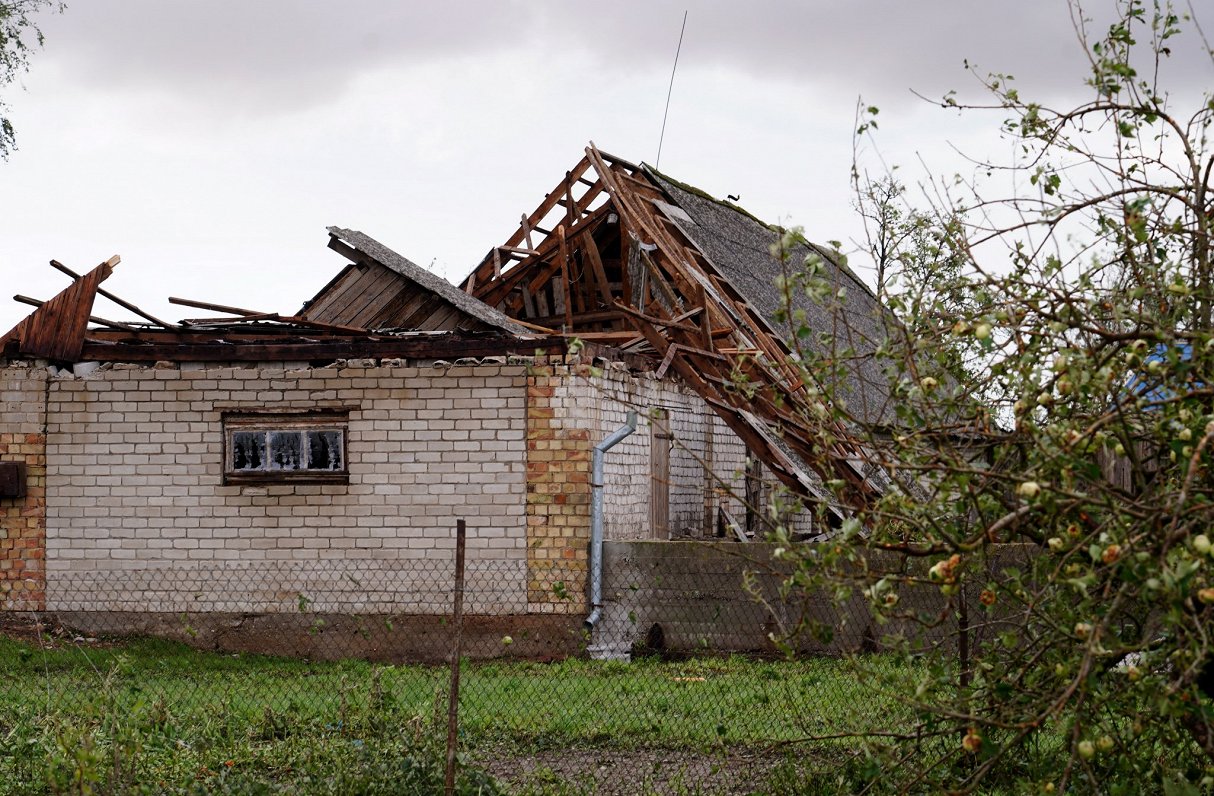The President of the Latvian Insurers Association Jānis Abāšins said that the EUR 14 million currently claimed with insurers is divided into three approximately equal parts – fields, real estate, and car KASKO insurance. Most insurance claims come from Zemgale.
"Entrepreneurs have mostly insured their properties. On average, around 40% of the properties owned by natural persons are insured on the market. In Zemgale, this percentage is higher than average in Latvia – it is 50% to 60%.
"But for individuals, there is one “disease” — that the property is insured at some mystical value. If the value of the property, the value of the house is, for example, EUR 100,000, the house is insured for EUR 10,000, which means that insurance will only work by 10% and will not work fully," Abāšins said.
According to Ivars Gorskis, president of the Dobele municipality council, total losses for households, agricultural businesses, and local government infrastructure in Dobele amount to more than €16 million.
“Part certainly can't afford to insure properties. The next step is the insurer's response. I have read the rules myself, as a lawyer, and I have realized that, in fact, insurers have drafted contracts and regulations in such a way that they can say at any time that you are insured against hail, but not against huge hail, and you do not receive that reward. However, even if a person is insured, it is not always possible to safely hope that this insurance fee will indeed and adequately be paid,” Gorskis said.
Abāšins believes that, like in other European countries, a special natural disaster fund should be created by the state together with insurers.
“The nature of the fund is not the state spending its money out of contingency funds, but such special funds have been created, which also help these uninsured people with major natural disasters. In view of the fact that natural disasters will be more frequent with us, I think we should look at how these funds have been built in other countries,” Abāšins said.




























